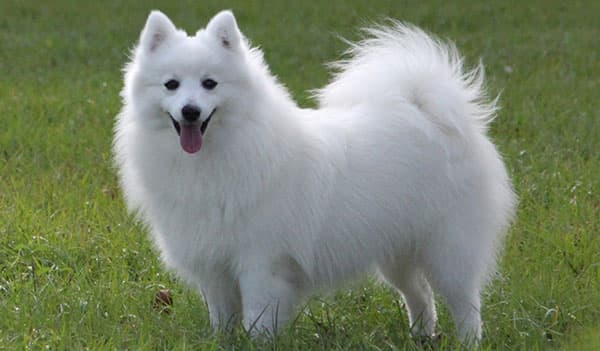The Nihon Ken (Japanese Dogs)
Japanese dog breeds share unique characteristics including spirited personalities, loyalty, and distinctive Spitz-type features. Six breeds are designated as National Monuments of Japan.
Loyal & Independent
Japanese breeds are known for their fierce loyalty to family combined with an independent, dignified nature. They form strong bonds but aren't overly needy. This independence made them excellent hunting companions in ancient Japan.
Ancient Heritage
Most Japanese breeds are ancient, with histories spanning thousands of years. They've been carefully preserved to maintain traditional characteristics. Six breeds are designated National Monuments, protected as cultural treasures of Japan.
Spitz-Type Features
Many Japanese breeds share Spitz characteristics: pointed ears, curled tails, thick double coats, and fox-like faces. These features helped them survive in Japan's varied climates from snowy mountains to temperate regions.
The Six Native Japanese Breeds
Six ancient Japanese breeds are designated as National Monuments, protected as cultural treasures. They represent Japan's canine heritage.
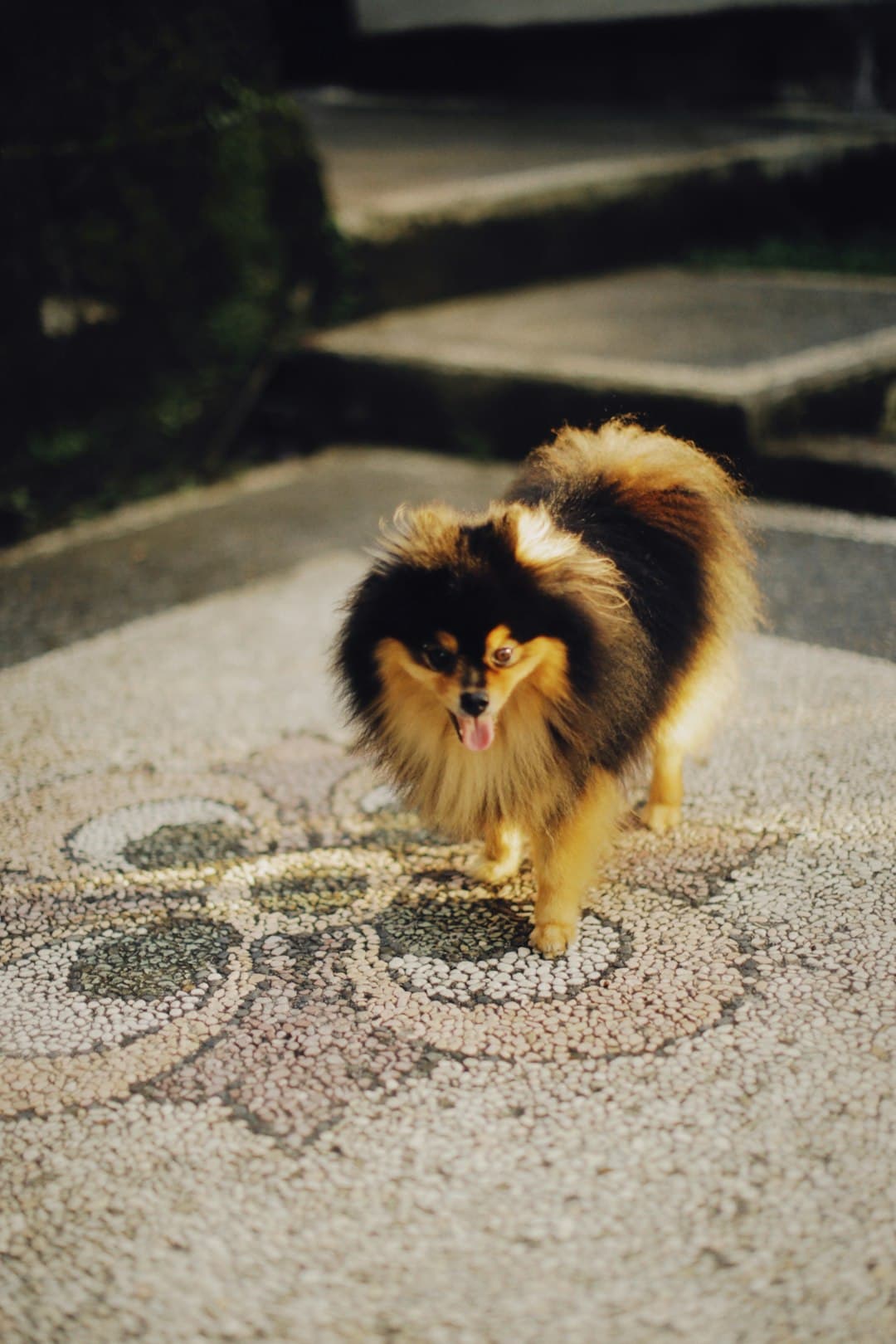
Shiba Inu
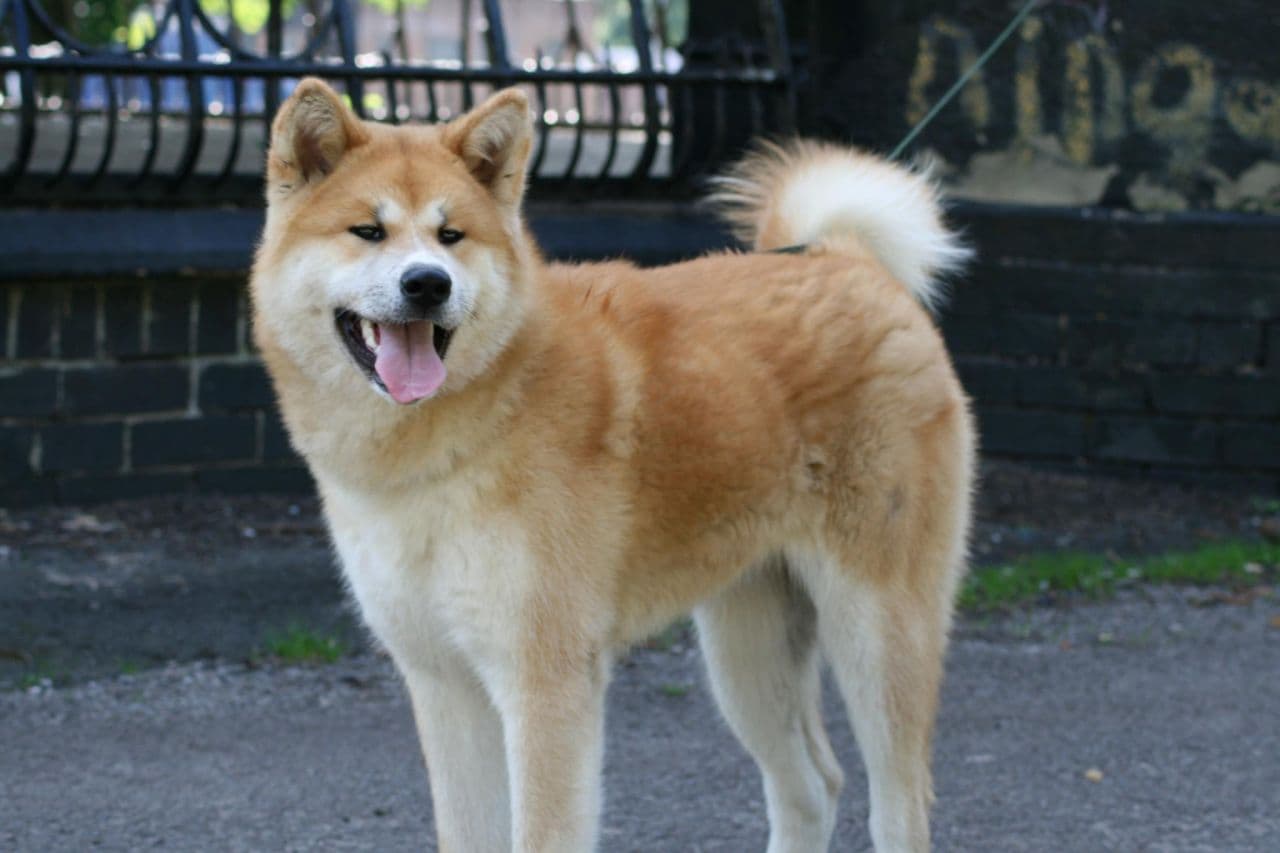
Akita

Japanese Chin
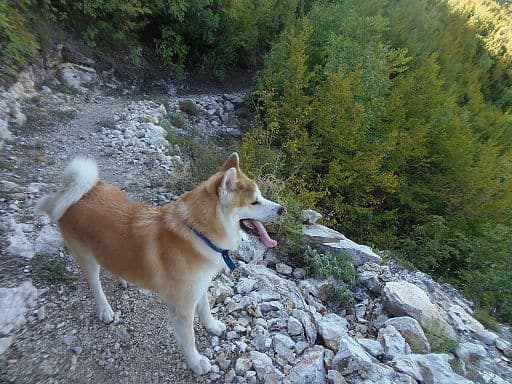
Tosa Inu
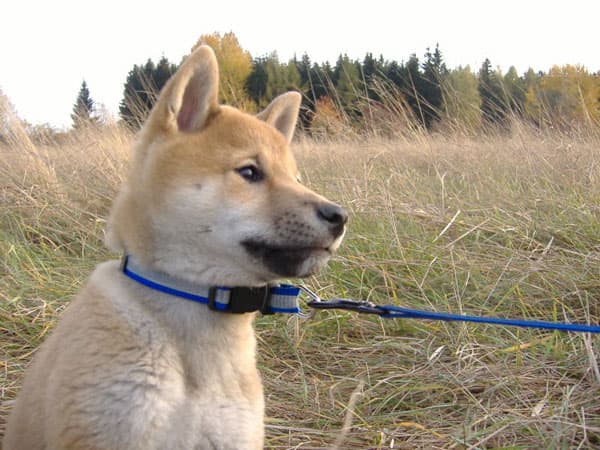
Shiba
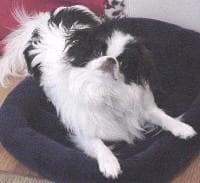
Japanese Spaniel
Japanese Dog Breed Spotlight
Shiba Inu: Japan's Most Popular Dog
The Shiba Inu is the smallest and most popular of the six native Japanese breeds. These compact, agile dogs (15-25 pounds) were originally bred for hunting small game in Japan's mountainous regions. Shibas have fox-like faces, curled tails, and come in red, sesame, black and tan colors. They're known for their spirited, confident personalities and the famous "Shiba scream" when unhappy. Shibas are intelligent, clean (almost cat-like), and independent. They require consistent training and can be aloof with strangers but are loyal to their families. Their compact size and adaptability make them excellent for various living situations.
Akita: The Noble Guardian
Akitas are large, powerful dogs (70-130 pounds) from northern Japan, originally bred for hunting bears, boars, and deer. They're one of Japan's most treasured breeds and symbols of good health and loyalty. The famous story of Hachiko, an Akita who waited for his deceased owner for nearly 10 years, exemplifies the breed's legendary loyalty. Akitas are dignified, courageous, and fiercely loyal to family but can be reserved with strangers. They need experienced owners who can provide firm, consistent leadership. Akitas have a strong prey drive and may not be suitable for homes with other pets. Their thick coat requires regular grooming.
Japanese Spitz: The Fluffy Companion
The Japanese Spitz is a small to medium-sized dog with a brilliant white, fluffy coat. Developed in Japan in the 1920s-1930s from various Spitz breeds, they're bred purely as companions. Japanese Spitz are friendly, playful, and excellent family dogs. Unlike many Japanese breeds, they're outgoing with strangers and get along well with children and other pets. They're intelligent, trainable, and make good watchdogs despite their friendly nature. Their beautiful white coat is surprisingly low-maintenance - it resists dirt and requires weekly brushing. Japanese Spitz are adaptable to apartments or houses and make wonderful companions for various lifestyles.
Shikoku: The Rare Hunter
The Shikoku is a medium-sized Japanese breed from the island of Shikoku. They're rare even in Japan and extremely rare outside the country. Shikokus were bred to hunt wild boar in mountainous terrain. They're athletic, energetic, and have strong prey drives. Shikokus are more wolf-like in appearance and behavior than other Japanese breeds. They're loyal to family but can be reserved with strangers. These dogs need experienced owners who can provide plenty of exercise and mental stimulation. They're pack-oriented and generally good with other dogs when properly socialized. Shikokus are for dedicated owners who appreciate primitive, athletic breeds.
More Japanese Dog Breeds
Additional Japanese breeds including companion dogs and rare hunting breeds.
Living with Japanese Dog Breeds
Temperament & Personality
Japanese breeds are known for loyalty, independence, and strong-willed personalities. They're not as eager to please as some Western breeds and can be stubborn. Early socialization is crucial, especially for larger breeds. They tend to be reserved with strangers but deeply devoted to family. Many Japanese breeds have strong prey drives from their hunting heritage. They need patient, consistent training and may not be ideal for first-time owners.
Exercise & Mental Stimulation
Most Japanese breeds are active and need regular exercise. Smaller breeds like Shibas need moderate activity, while larger breeds like Akitas and hunting breeds like Shikokus need substantial exercise. Mental stimulation is equally important - these intelligent dogs can become bored and destructive. Many enjoy dog sports like agility and nosework. Secure fencing is essential as they can have strong prey drives and may chase small animals.
Grooming & Health
Most Japanese breeds have thick double coats that shed heavily, especially during seasonal changes. Regular brushing (2-3 times weekly, daily during shedding season) helps manage the fur. They're generally clean dogs that don't require frequent bathing. Common health issues vary by breed but can include hip dysplasia, eye problems, and allergies. The native Japanese breeds tend to be healthy with good longevity when obtained from reputable breeders.
Finding Japanese Breeds
Some Japanese breeds like Shibas and Akitas are relatively common, while others like Shikoku, Kai Ken, and Kishu are extremely rare outside Japan. Research breed-specific rescues and reputable breeders. Many Japanese breeds have breed clubs dedicated to preservation and proper breeding. Be patient in your search and avoid puppy mills or backyard breeders. These special breeds deserve knowledgeable, responsible ownership.
